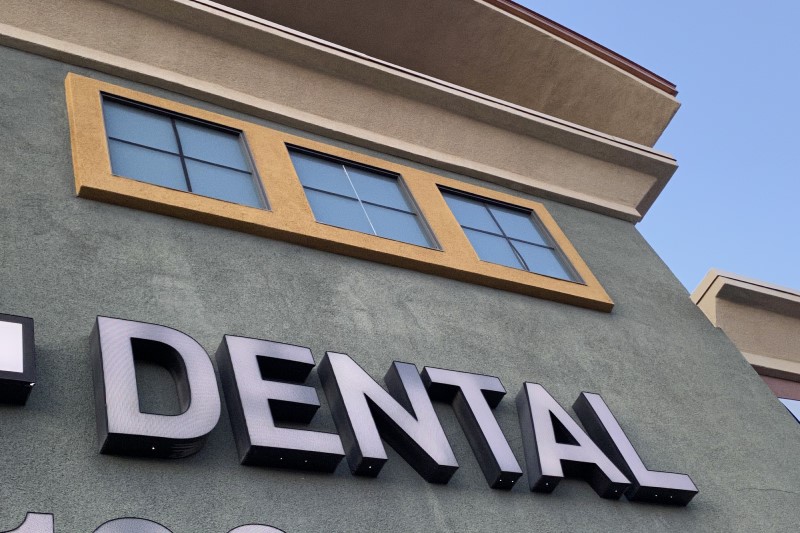How the practice lease can ruin your retirement

After 30 years of operating his thriving family practice, Dr. Al Dente was looking forward to cash in his biggest financial asset. He figured that selling the practice would be a piece of cake. Some of his colleagues sold privately for about 100% of annual gross revenues. Al expected that his practice would sell for more than $1 million, because of the strategic location right next to a busy shopping plaza.
Within 3 weeks of placing the advertisement, he received an offer in excess of $1 million. What made this deal particularly sweet was that the purchaser agreed to buy the shares of his dental corporation, ensuring that Al would receive the proceeds tax-free.
Al’s dream of retiring with a million dollars in his pocket was shattered, when the prospective purchaser backed out because the banks would not finance the purchase. The reason for the loan rejection was the demolition clause in the lease contract, which states that the landlord can terminate the tenancy with a 12 month notice and without compensation. The landlord having no sympathy for Al’s predicament was not willing to amend the lease agreement.
Don’t let the lease kill your retirement dreams!
Having been involved in many lease and practice sale negotiations, here are some key lease provisions you need to ensure a smooth practice transition.
- The landlord cannot exercise the demolition clause for at least 10 years. Most practice loans are amortized over ten years, and the banks are looking for at least 10 years of undisturbed tenancy. The banks will only amortize practice purchase loans over the non-demolition period in the lease.
- Even if your lease does not have a demolition clause, you need to protect yourself against the landlord selling the building to a developer who plans to demolish the building. You can protect yourself by having the lease registered against the title of the property. This option may not be available if the landlord opposes registration. Alternatively, you can have an Assumption Agreement. It states that in the event the landlord assigns his interest in the premises, the purchaser will assume all the obligations and conditions of the existing leases. This agreement does not give you full protection in case the landlord becomes insolvent or the landlord company is dissolved.
- Make sure the lease can be assigned to the new dentist. Without assignment you cannot sell the practice. The landlord can arbitrarily withhold consent or object to the assignment on the basis that the purchaser is not as financially strong as the existing tenant. Ideally you can negotiate an assignment clause which allows you to sell to another dentist without the consent of the landlord.
- By granting the assignment, the landlord should also release you from your personal guarantees. This is not automatic, as many selling dentists have learned. I know of a number of dentists who have continuing personal guarantees for the lease obligation of their successors.
- The remaining lease term should be at least five years with at least one 5 year renewal option. Many dentists did not receive full value for their practice because of short term leases.
Don’t let Dr. Al’s predicament become yours. Even if you are not planning to sell your practice any time soon, take a close look at your lease. The sooner you learn about any potential hurdles which would impair the transition of your practice, the more options you have to take remedial action, including moving to another location.



